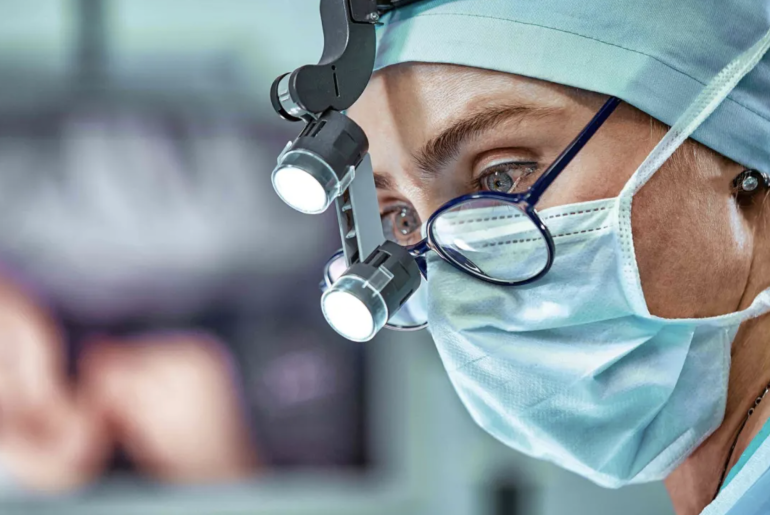Aside from the heart, the brain is one of the most sensitive parts of the body. It has the most complex duties of any body organ, as it is responsible for the smooth running of your body systems. Any issues involving your brain need to be dealt with the utmost caution as severe issues can cause adverse effects on the quality of your life. Thankfully, increased research and innovation in this field have enhanced physicians’ abilities to deal with brain problems, as evidenced by the development of facilities such as Jackson Neurosurgery Clinic. These facilities and what they do are further discussed below.
What is Neurosurgery?
This medical field involves a specialized physician with expertise in identifying and dealing with issues of your nervous system. These doctors can do operations on your nervous systems while also doing other nonsurgical methods. Surgery is only recommended after other non-operative solutions, such as steroids, medications, or physical therapies, have proven unsuccessful.
Neurosurgeons identify ailments that involve structures maintaining your nervous system such as:
- Spinal vertebrae
- Skull
- Blood vessels
- Spinal disks
- Soft tissues and protective membranes
A neurosurgeon is different from a neurologist as neurologists deal with issues of your nervous system without involving surgery but through nonsurgical therapies. Your neurologist can diagnose illnesses of your nervous system while evaluating the problem but may have to send you to a neurosurgeon if your issue requires surgical intervention or expertise.
Neurosurgeons can do complicated operations on your brain or spine after trying conservative options first. These include physical therapy or medication with surgery being considered if these treatment plans are unresponsive. These physicians can do multiple operations and procedures such as:
- Minimal invasive operations
- Open surgery
- Microsurgery
- Endoscopic surgery
- Endovascular surgery
- Radiosurgery
- Chronic pain intervention operations
Neurosurgeons can specialize in various fields such as:
- Endovascular surgical neuroradiology
- Cerebrovascular surgery
- Functional neurosurgery
- Epilepsy surgery
- Pediatric neurosurgery
- Neuro-oncology
- Spinal surgery
Neurosurgeons can also do multiple tests to identify and deal with certain neurological issues. They have adequate training in handling testing machines such as:
- Magnetic resonance imaging scans
- Computed tomography scans
- Magnetoencephalography
- Positron emission tomography scans
- Electroencephalograms
Neurosurgeons can deal with standard neurological problems, including:
- Carpal tunnel syndrome
- Brain tumors
- Chronic pain in your neck or back
- Cerebrospinal fluid leak
- Congenital spinal column issues like tethered spinal cord or spina bifida
- Congenital brain problems like arachnoid cysts or Chiari malformations
- Herniated disks
- Essential tremor
- Intracranial aneurysms
- Hydrocephalus
- Parkinson’s disease
- Multiple sclerosis
- Pinched nerves
- Seizure ailments like epilepsy
- Sciatica
- Spinal stenosis
- Spinal bone spurs
- Spinal tumors
- Spinal fractures
- Traumatic brain, head, spine, or neck problems
- Spinal issues like spondylolisthesis or scoliosis
Neurosurgeons can perform many operations or procedures on various areas of the nervous system or its associated structures.
Standard surgeries for your brain include:
- Aneurysm repair
- Blood clot elimination
- Brain bleed stoppage
- Tumor removal
- Shunt insertion
- Trauma repair
Surgeries for peripheral nerves involve:
- Ulnar nerve release
- Carpal tunnel release
- Vagus nerve stimulation
Examples of spine surgery include:
- Discectomy
- Stereotactic spine radiosurgery
- Spinal fusion
- Laminectomy
- Spine reconstruction and stabilization
- Kyphoplasty and vertebroplasty
Diagnosing brain issues involving your nervous system can be overwhelming as it is easy to have complications. These can be alleviated through neurosurgery. For any concerns about neurosurgery, check our website, or call our offices in Flowood, MS.

